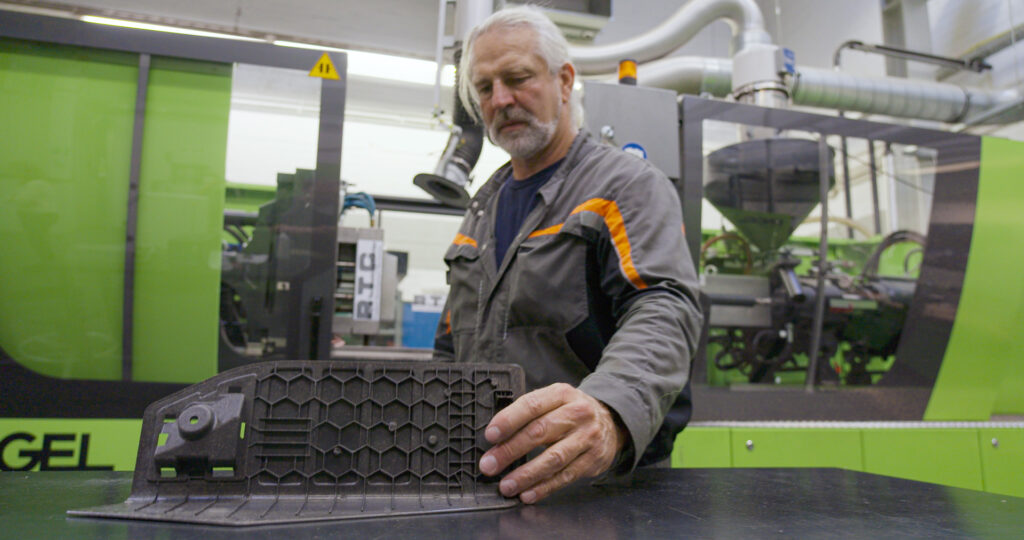Ford engineers in Cologne have been researching the use of food waste to create prototypes for auto parts. They discovered that pruning olive trees generates around 7 million tons of waste annually, which they believed would be an ideal material for their experiment. Inga Wehmeyer, Ford Project Lead, highlighted the advantage of using these fibers as they are typically discarded and not utilized for anything else. Additionally, there is no need for additional land or water resources to grow these fibers.
This research led to the development of the COMPOlive project, which successfully produced durable and lighter prototypes for auto parts. Through this project, Ford engineers were able to reduce the amount of plastic used in vehicle parts and also minimize the carbon footprint. The prototypes consisted of 40% olive tree fibers and 60% recycled polypropylene plastic. In a Ford video, Inga showcased a footrest made from olive tree waste designed for the Ford Focus. She emphasized that the material had undergone rigorous testing and simulations, demonstrating its suitability for use in their cars.
Thomas Baranowski, an injection molding expert, voiced his confidence in the material’s capabilities based on the tests and simulations conducted. This project further expands Ford’s commitment to utilizing food waste in auto parts. They have been at the forefront in adopting soybean-based foam for seats and headrests, and they also incorporate recycled ocean plastic in the Ford Bronco Sport’s wiring harness clips.
For any additional information or tips, Maria can be contacted via email at [email protected] or through X.
